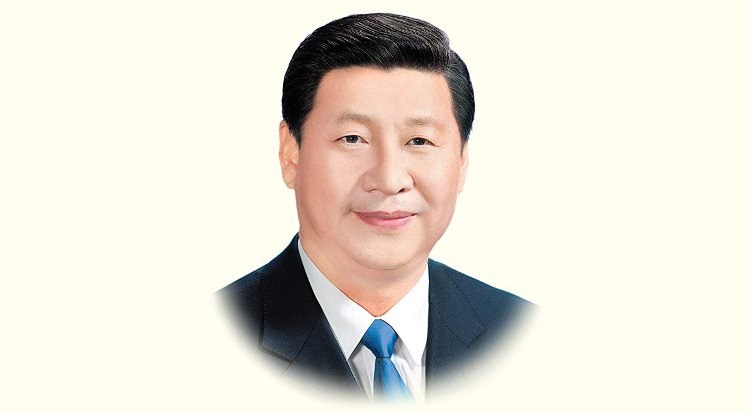Thai Cinema Uncensored goes on sale today. Published in paperback by Silkworm Books (Chiang Mai), it’s the first full-length history of Thai film censorship. It examines how Thai filmmakers approach culturally sensitive subjects—sex, religion, and politics—and how their films have been banned as a result.
The book also features interviews with ten leading Thai directors: Apichatpong Weerasethakul, Yuthlert Sippapak, Pen-ek Ratanaruang, Chulayarnnon Siriphol, Thunska Pansittivorakul, Ing Kanjanavanit, Tanwarin Sukkhapisit, Kanittha Kwunyoo, Surasak Pongson, and Nontawat Numbenchapol. It will be released in the US and the UK on 21st March 2021, distributed by the University of Washington Press, and is available at all major online book retailers (including Amazon US and UK). It’s also available in various e-book formats, including Kindle and Google Play.
The book also features interviews with ten leading Thai directors: Apichatpong Weerasethakul, Yuthlert Sippapak, Pen-ek Ratanaruang, Chulayarnnon Siriphol, Thunska Pansittivorakul, Ing Kanjanavanit, Tanwarin Sukkhapisit, Kanittha Kwunyoo, Surasak Pongson, and Nontawat Numbenchapol. It will be released in the US and the UK on 21st March 2021, distributed by the University of Washington Press, and is available at all major online book retailers (including Amazon US and UK). It’s also available in various e-book formats, including Kindle and Google Play.

